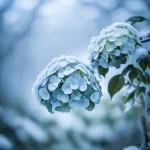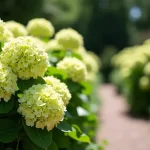Big white fluffy flowers, often referred to as “puffy white flowers,” evoke a sense of purity, elegance, and tranquility in gardens and nature. These enchanting blooms can transform any landscape with their captivating appearance and delightful fragrance. The unique characteristics of these flowers make them stand out in any botanical setting, prompting a deeper examination of the varieties and their cultivation.
Types of Big White Fluffy Flowers
Big white fluffy flowers come in various forms and sizes, each with distinct qualities that add charm to gardens. Here are some notable varieties:
-
Gardenia (Gardenia jasminoides)
Known for their creamy white blooms and intoxicating fragrance, gardenias are a favorite among gardeners. They typically bloom in late spring and summer and thrive in well-drained, acidic soil.
Growing Zones: 8-11
Height: 3-5 feet
Image: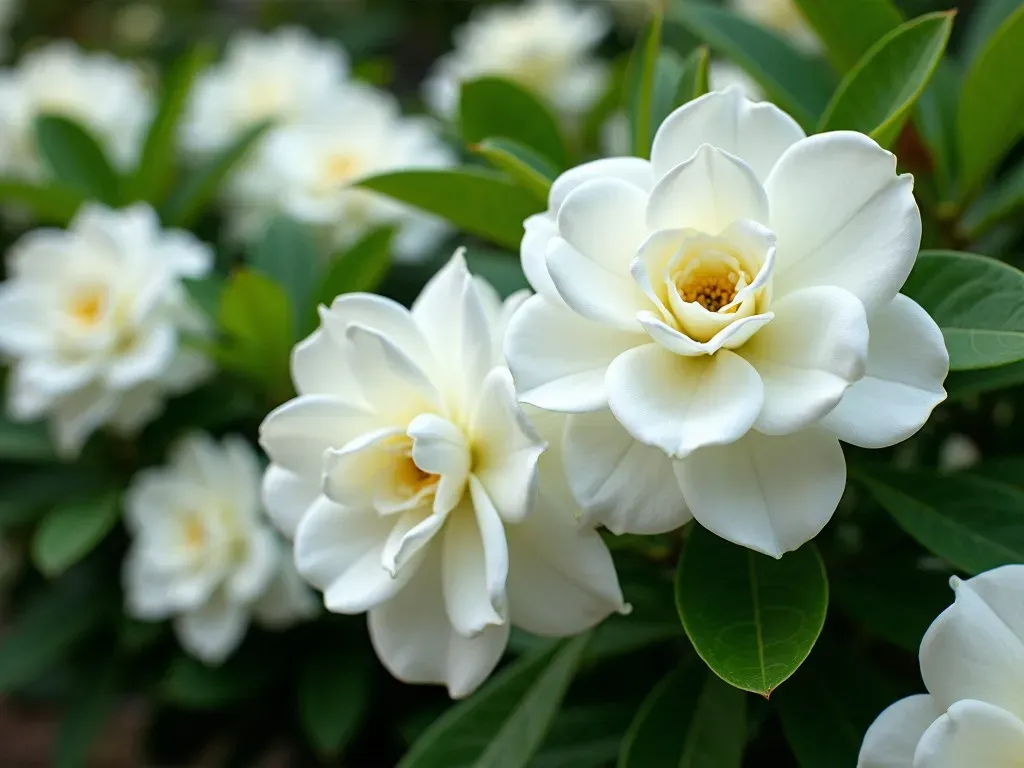
-
Hibiscus (Hibiscus moscheutos)
The Luna White Hibiscus features large, showy flowers that can be up to 12 inches across. These annuals are perfect for adding drama to any flower bed.
Growing Zones: 4-9
Height: 3-7 feet
Image: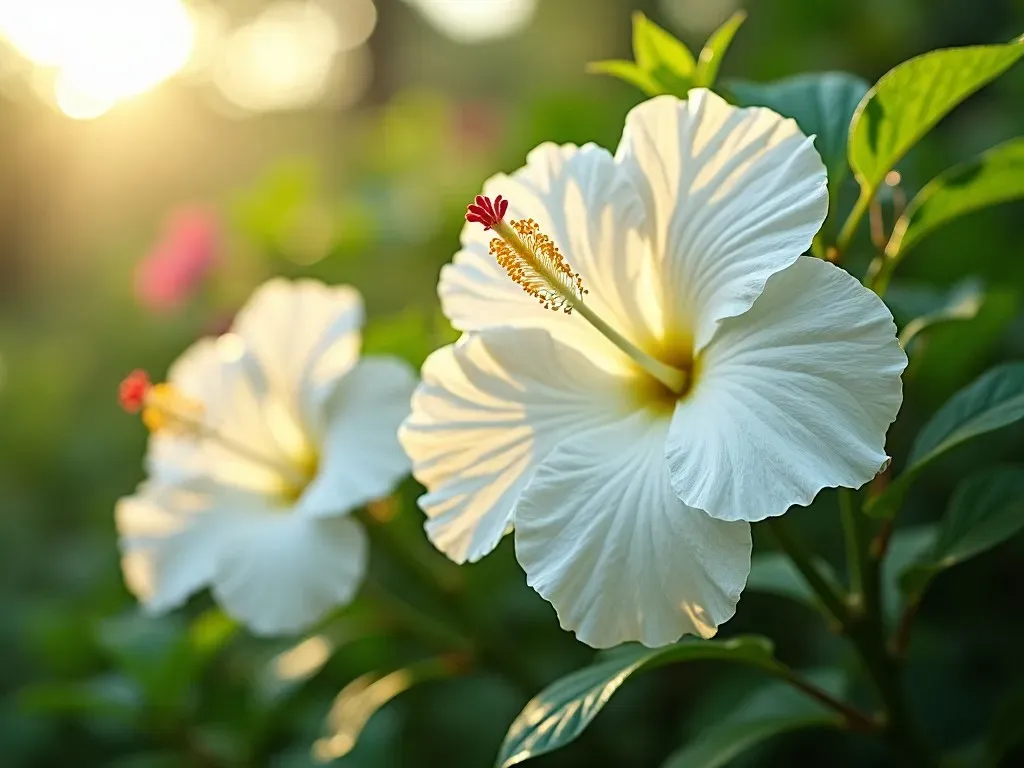
-
Magnolia (Magnolia grandiflora)
Known for having some of the largest blooms in the floral world, magnolias produce massive white flowers with a hint of creamy yellow in the center. They are known for their pleasant aroma.
Growing Zones: 7-10
Height: 60-80 feet
Image: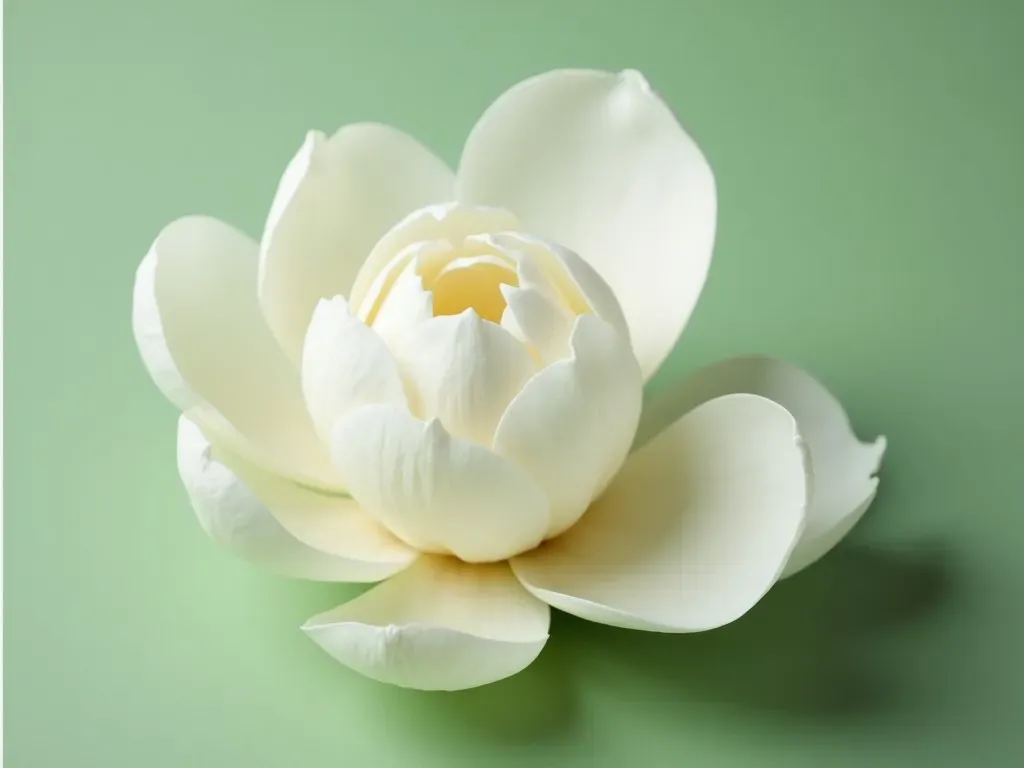
-
Peony (Paeonia lactiflora)
Peonies have lush, rounded flowers that bloom in late spring. The large, fluffy blossoms often have a delightful scent that enhances their charm.
Growing Zones: 3-8
Height: 2-4 feet
Image: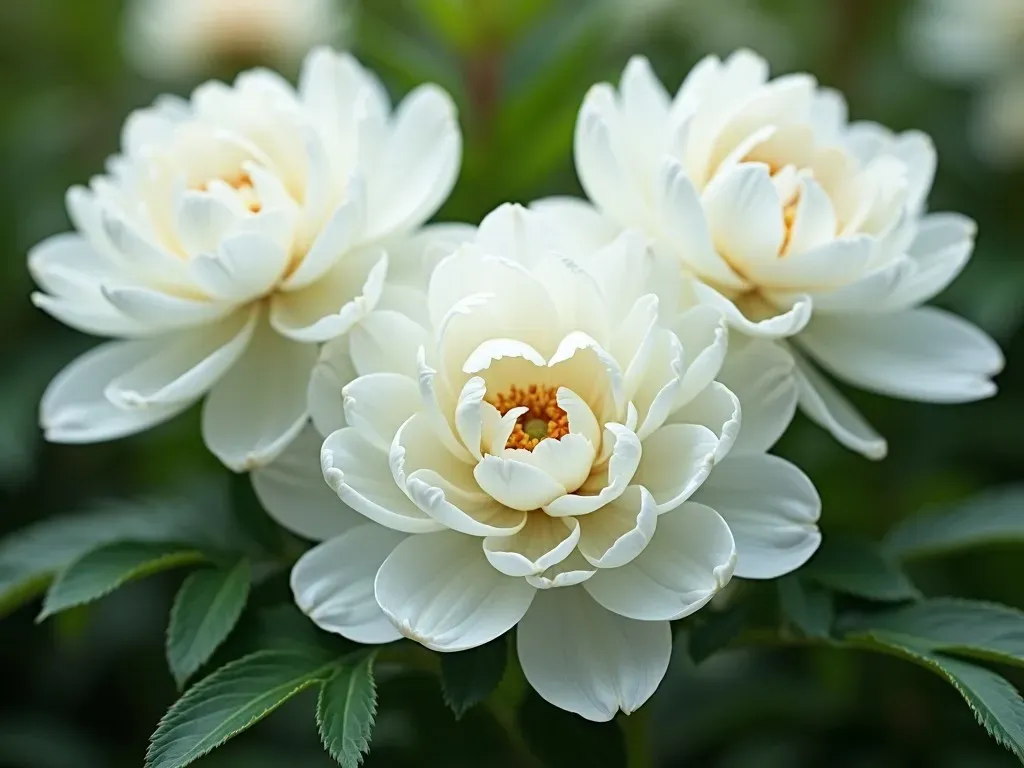
-
Dahlias (Dahlia pinnata)
While dahlias are celebrated for a wide array of colors, the white varieties, such as ‘Café au Lait,’ are particularly popular for their large, fluffy blooms.
Growing Zones: 3-10
Height: 3-5 feet
Image: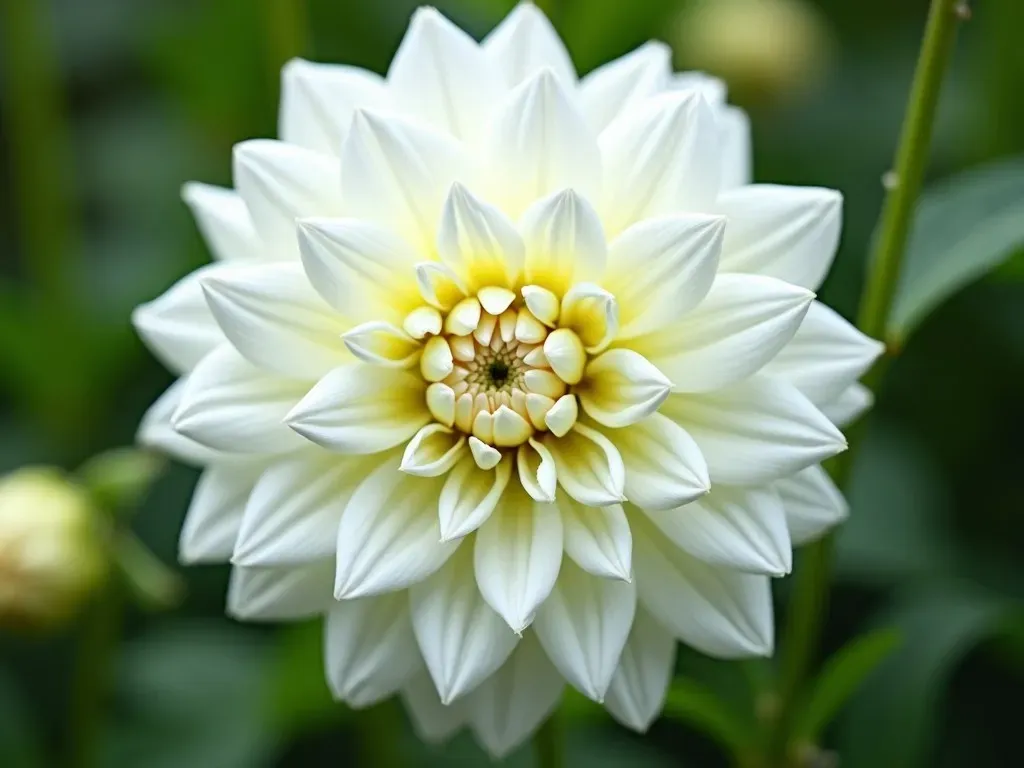
Facts and Figures of Fluffy White Flowers
| Flower Type | Scientific Name | Bloom Season | Height | Growing Zone |
|---|---|---|---|---|
| Gardenia | Gardenia jasminoides | Late Spring – Summer | 3-5 feet | 8-11 |
| Hibiscus | Hibiscus moscheutos | Summer | 3-7 feet | 4-9 |
| Magnolia | Magnolia grandiflora | Late Spring | 60-80 feet | 7-10 |
| Peony | Paeonia lactiflora | Late Spring | 2-4 feet | 3-8 |
| Dahlia | Dahlia pinnata | Summer to Fall | 3-5 feet | 3-10 |
The Allure of White Shrubs with Fluffy Flowers
White shrubs like Snowberry (Symphoricarpos albus) and Mock Orange (Philadelphus coronarius) present an enchanting sight as they bloom with rounded, delicate blooms. These shrubs are excellent choices for creating hedges or as standalone specimens in gardens, bringing both beauty and texture to your landscape.
Notable White Shrubs
-
Snowberry
- Description: Produces clusters of small, white berries in addition to fluffy white flowers.
- Growing Zones: 3-8
-
Image:
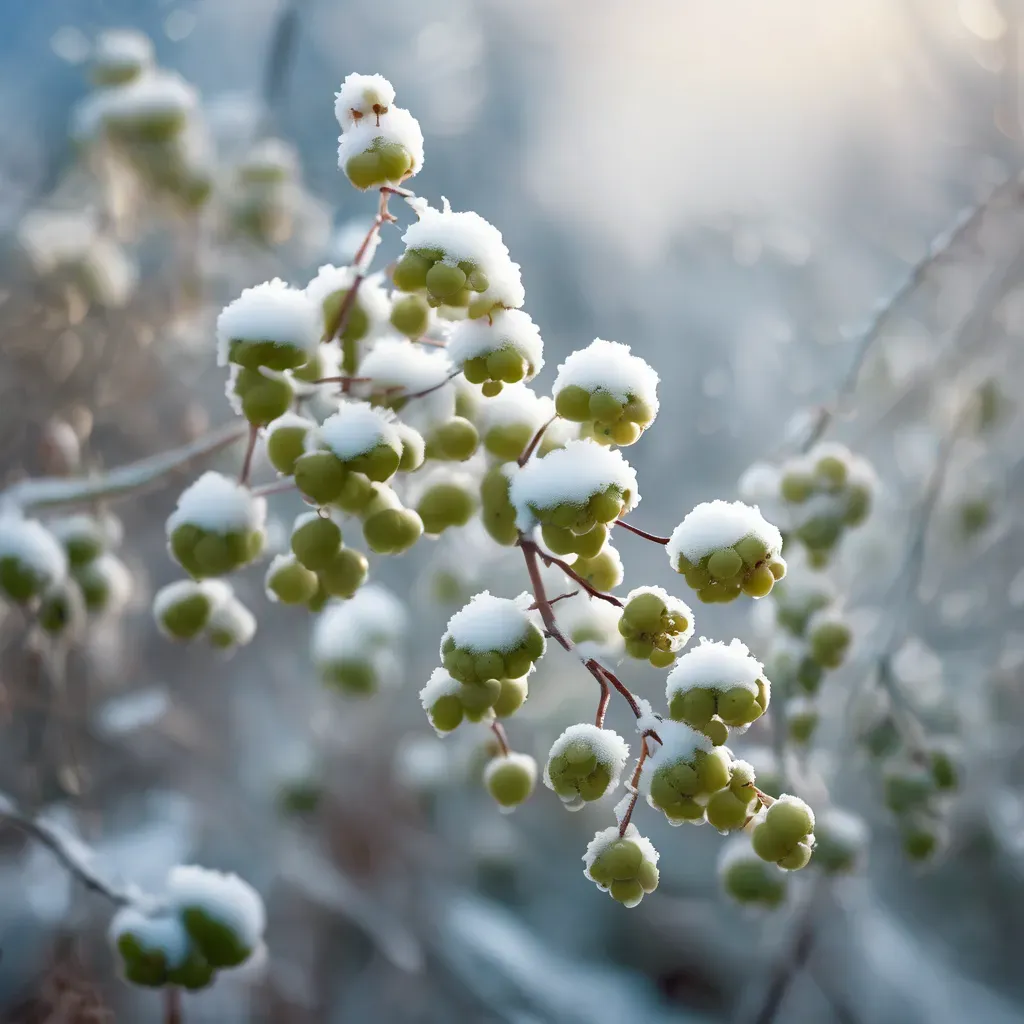
-
Mock Orange
- Description: Has fragrant white blooms resembling orange blossoms.
- Growing Zones: 4-8
-
Image:
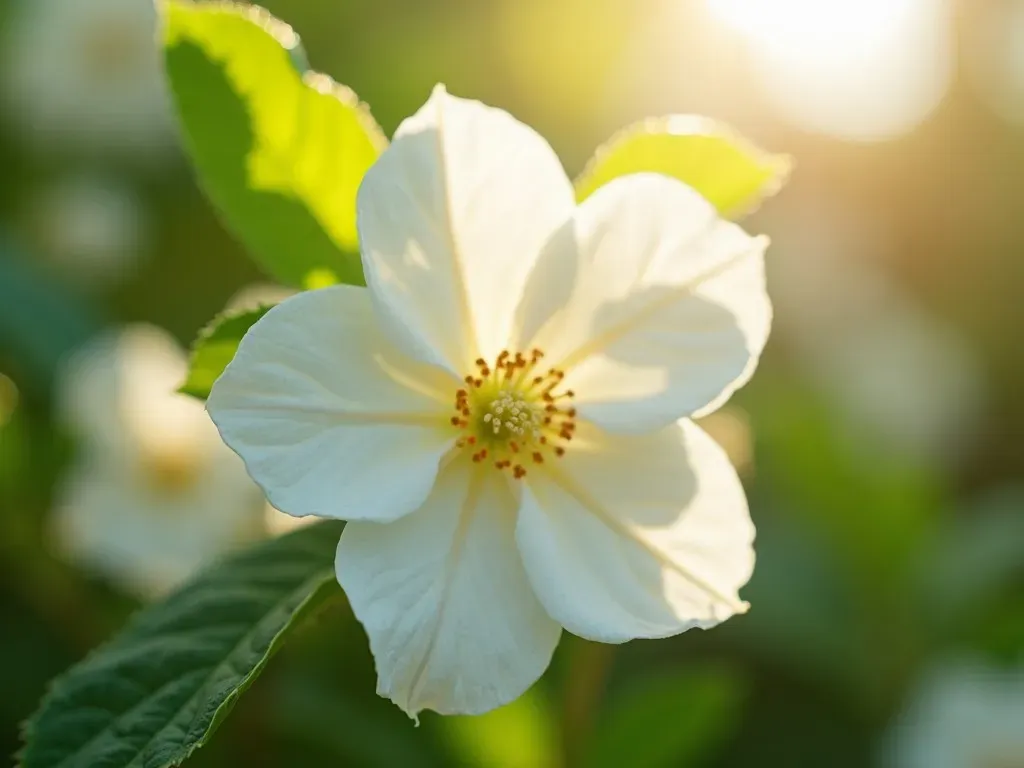
White Blooming Bushes to Consider
- Viburnum: Offers white blooms and berries, perfect for wildlife gardens.
- Wisteria: Known for cascading white blooms that create a romantic atmosphere.
- hydrangea: The ‘Annabelle’ produces large, round clusters of white flowers that are stunning in arrangements.
Reference Video
Growing Big White Fluffy Flowers
When cultivating big white fluffy flowers, several factors contribute to their success:
- Soil Quality: Use well-draining soil rich in organic matter. This ensures adequate water retention while preventing rot.
- Sunlight: Most white flower varieties prefer full sun to partial shade. While some flowers like Gardenias thrive in more shaded spots, most need ample sunlight to bloom.
- Watering Practices: Regular but moderate watering is crucial. Allow the soil to slightly dry between waterings to prevent over-saturation.
Care for White Flowering Plants
Maintaining big white fluffy flowers requires attention to care practices, including:
- Pruning: Regular pruning helps maintain shape and promotes new growth.
- Fertilization: Use a balanced fertilizer during the growing season to enhance blooms.
- Pest Management: Keep an eye out for common pests like aphids or whiteflies; organic sprays can help manage these infestations.
- Mulching: Applying mulch helps retain moisture, suppress weeds, and improve soil health.
FAQs about Big White Fluffy Flowers
Q1: Are big white fluffy flowers suitable for every garden?
A1: Yes, these flowers can thrive in various environments. Always choose varieties that match your local climate and soil conditions.
Q2: How often should I water fluffy white flower plants?
A2: Watering frequency can depend on the type of flower and its environment; however, it is generally recommended to water when the top inch of soil feels dry.
Q3: Can I plant big white fluffy flowers alongside Other colors?
A3: Absolutely! White flowers pair beautifully with vibrant colors and can brighten up a mixed flower bed.
Q4: Do big white fluffy flowers attract pollinators?
A4: Many of these flowers are excellent for attracting bees, butterflies, and other pollinators, making them perfect for a wildlife-friendly garden.
Q5: Where can I find more information about white flowers?
A5: For an extensive look into various white flower types and their care, visit Petal Republic’s guide on white flowers.
In conclusion,

